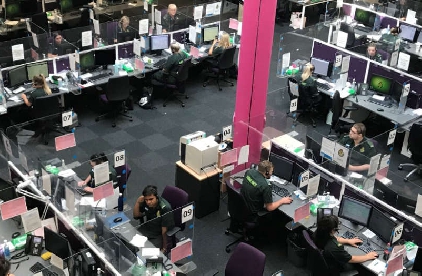
People in Herefordshire, Worcestershire and Shropshire are being urged to make use of 111 online for medical advice, with demand for 999 calls increasing dramatically.
Demand for the 999 service has risen by more than 50% compared to levels that would normally be expected at this time of year. The 111 Online service offers patients advice on the best option for them to get the care they need, including getting a call back from a trained clinician, booking them an appointment in A&E or providing advice on how to help them recover.
Last week, West Midlands Ambulance Service received 40,839 emergency calls compared to just 25,870 for the same week in 2019 before the pandemic – an astonishing rise of 57.9% and the busiest week ever!
Call handlers have reported some extraordinary 999 calls in recent days for non-emergency issues such as sunburn, someone who had been scratched by a cat and a case of someone whose eczema that was particularly itchy. While all may have needed clinical help, they were not appropriate for a 999 call.
West Midlands Ambulance Service Chief Executive, Anthony Marsh, said: “We are rightly prioritising those patients that are the sickest or most severely injured; everyone who needs an ambulance will get one, but in some cases there are some patients who could access the care they need using other options other than dialling 999.
“Our ambulance crews, 999 and 111 call handlers, volunteers and the many other teams who ensure we can respond to patients as quickly as possible, are working flat out as we see increase demand for our services.
“As has been the case throughout the pandemic, the public can play their part by using 111 online for urgent advice but calling 999 in life threatening cases
“I would also ask that patients and their loved ones also only call us back if the patient’s condition worsens, not to check what time their ambulance will arrive. We simply can’t tell you the answer and while we are answering that call it may delay us answering a call such as a cardiac arrest where every second counts.”
The public is still being encouraged to contact 999 if they experience:
- A cardiac arrest where the patient is unconscious and not breathing
- Signs of a heart attack e.g. a pain like a heavy weight in the centre of your chest
- Difficulty breathing
- Signs of stroke such as the face drooping on one side or weakness on one side
- Heavy bleeding that won’t stop
- Seizures
- Sudden and rapid swelling of the eyes, lips, throat or tongue
A number of factors are thought to be contributing to the rise in calls including the warmer weather, an increase in COVID-19 transmission rates in the community, an increase in the public spending time outside as restrictions ease and hospital pressures mean crews aren’t able to offload patients quickly which has a knock-on effect on the Trust’s ability to get to patients quickly.
Mr Marsh added: “This is a really tough time for ambulance staff and the volunteers who support us, who are working round the clock to deal with the huge increase in call numbers, and I’d like to pay tribute to their continued efforts to ensure patients get the care they need.
“With pressure on services still high, the public can help us to help them by using 111 online to get medical advice, and of course the most important thing we can all do at the moment is get the COVID-19 vaccine – both doses – which protects us, our families and friends and will help to reduce pressure on the NHS as well.”
People can access 111 online at www.111.nhs.uk


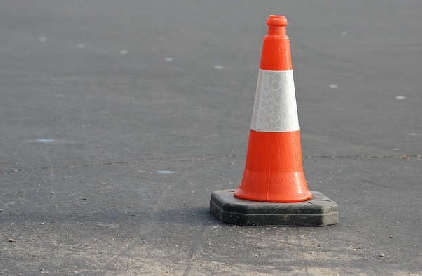 Work on replacing ageing Victorian water pipe in Monmouth to continue
Work on replacing ageing Victorian water pipe in Monmouth to continue
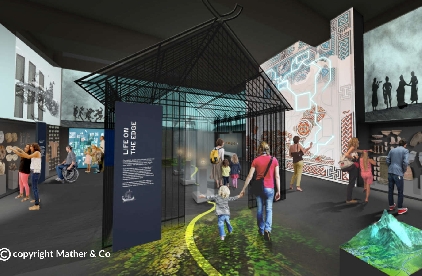 Designer appointed for redevelopment of Hereford Museum and Art Gallery
Designer appointed for redevelopment of Hereford Museum and Art Gallery
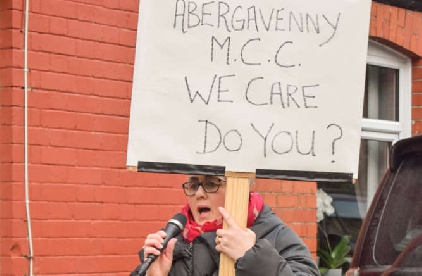 Charities calling for clarity on when new base for people with disabilities will be available
Charities calling for clarity on when new base for people with disabilities will be available
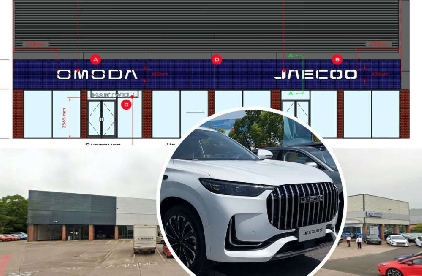 Hereford car showroom plan for new SUV brands
Hereford car showroom plan for new SUV brands
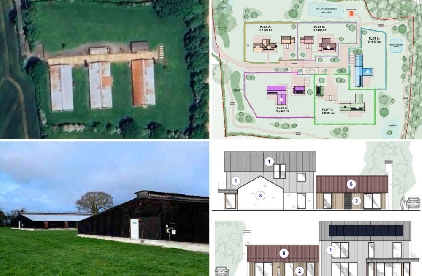 ‘Improved’ plan to replace turkey sheds with houses near Leominster
‘Improved’ plan to replace turkey sheds with houses near Leominster
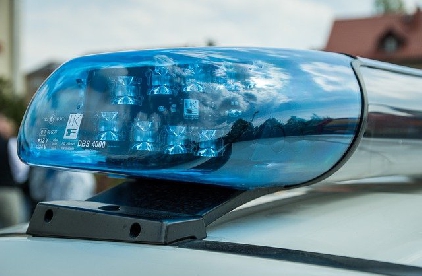 Emergency services respond to explosion at BAE Systems Monmouthshire site
Emergency services respond to explosion at BAE Systems Monmouthshire site
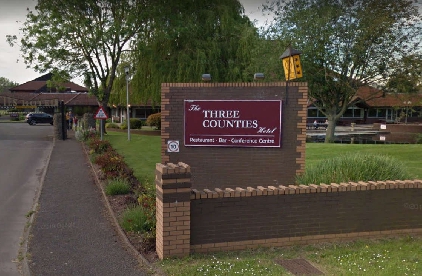 Legal challenge launched to prevent demolition of Three Counties Hotel
Legal challenge launched to prevent demolition of Three Counties Hotel
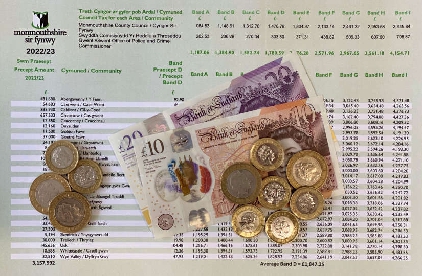 Number of empty homes in Monmouthshire reduces since council tax premium
Number of empty homes in Monmouthshire reduces since council tax premium
